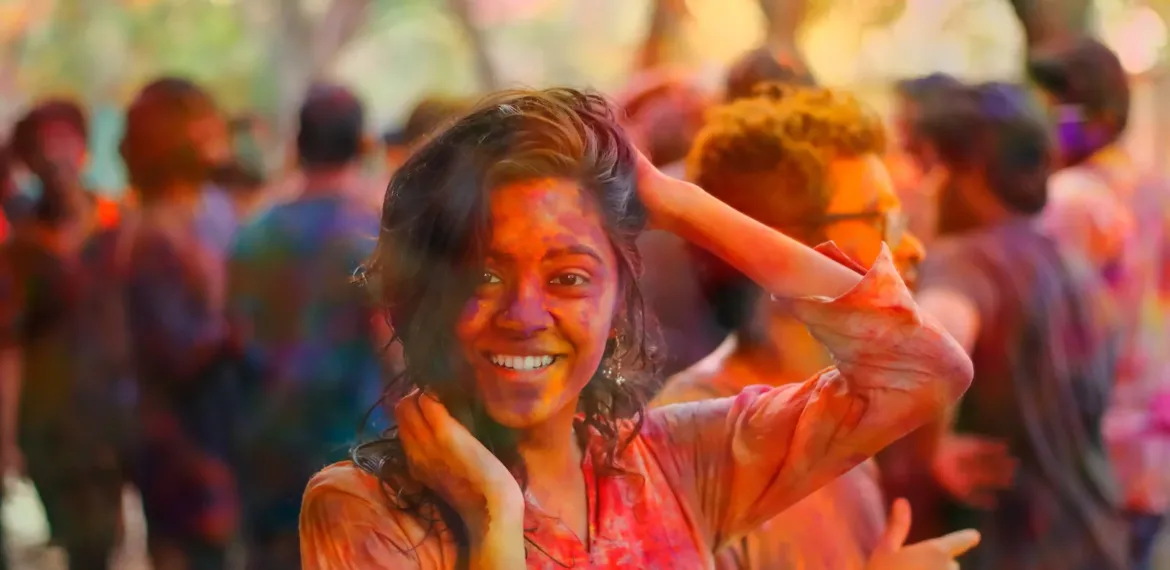“Discover Burkina Faso’s rich culture through its vibrant traditions, diverse customs, unique language, and respectful etiquette for a truly immersive travel experience.”
ROAMOPEDIA
Burkina Faso's Culture
Exploring Burkina Faso: Understanding the Culture’s Traditions, Customs, Language, and Etiquette

- Home
- /
- Country
- /
- Burkina Faso
- / Exploring Burkina Faso: Understanding the Culture’s Traditions, Customs, Language, and Etiquette
Related
All related contents.
Related Posts
Discover the vibrant culture and artistic expression of Burkina Faso at Laongo Sculpture Park in Ouagadougou.
Discover the vibrant culture of Burkina Faso at Gorom-Gorom Market – your one-stop shop for local crafts and textiles.
Explore the vibrant cultural heritage of Burkina Faso through the intricate Tiebele Painted Houses.
Tagline: “Explore Burkina Faso’s vibrant history and culture at the National Museum in Ouagadougou.
Discover the natural beauty of Burkina Faso with a tranquil boat ride on Lake Tengrela.
Discover the rich culture and history of Ouahigouya, Burkina Faso’s hidden gem.
Discover the natural wonders of Burkina Faso’s Banfora.
Discover the beauty of Burkina Faso’s Bobo-Dioulasso through the iconic Grand Mosque.
Discover the cultural heritage of Burkina Faso at the Morro Naba Palace in Ouagadougou.
Discover the heart and soul of Burkina Faso in Koudougou
Discover the vibrant culture and stunning landmarks of Burkina Faso’s Bobo-Dioulasso.
Discover the beauty of Ouagadougou Cathedral in Burkina Faso.
Discover the natural wonder of Burkina Faso’s Banfora and Karfiguela Waterfalls.

Journeying Through Burkina Faso’s Historic Landmarks
Discover Burkina Faso’s natural wonders at Mare aux Hippopotames in Ouahigouya.
Discover the natural beauty of Ouagadougou at Parc Urbain Bangr-Weoogo.
Discover the cultural heart of West Africa in Ouagadougou, Burkina Faso.
Discover the natural wonders of Burkina Faso’s Banfora and the Domes de Fabedougou.
Discover the vibrant culture of Burkina Faso through its unique and authentic handicrafts at Village Artisanal de Ouagadougou.
Discover the cultural richness of Old Bobo-Dioulasso in Burkina Faso.
Discover the wild wonders of Burkina Faso at Nazinga Game Reserve.
Related
Related contents and articles.
Related Posts
- Print
- Share
- +-Font Size